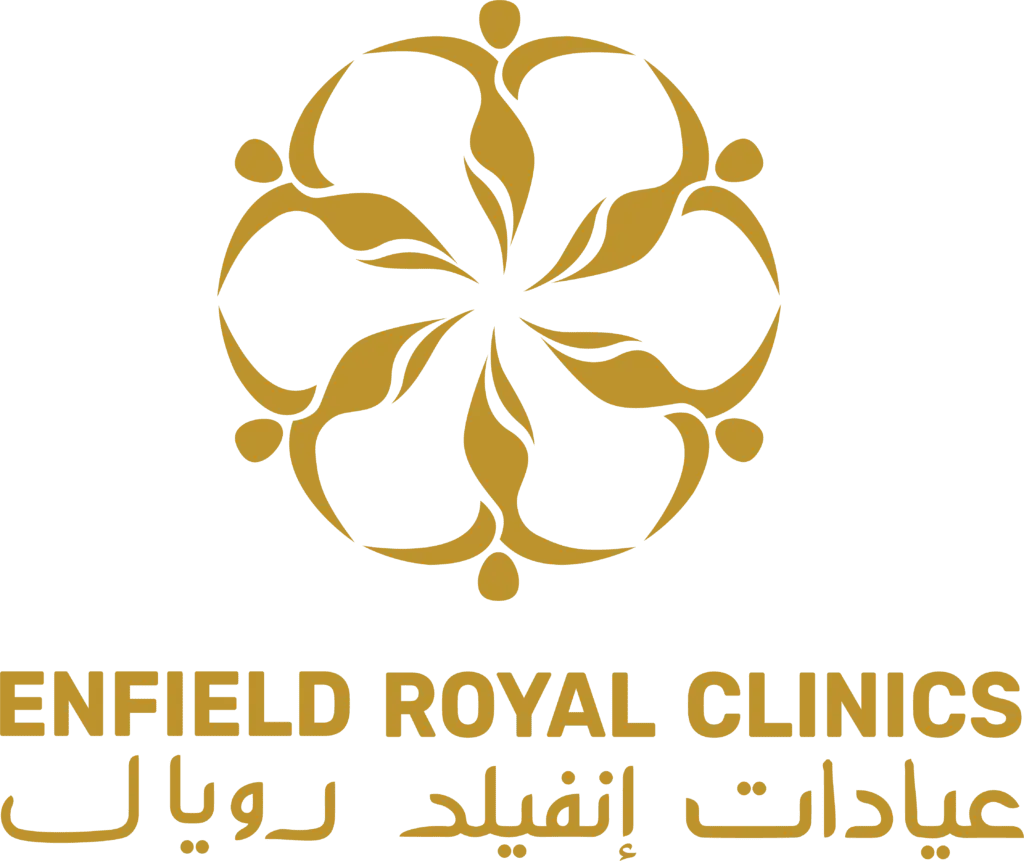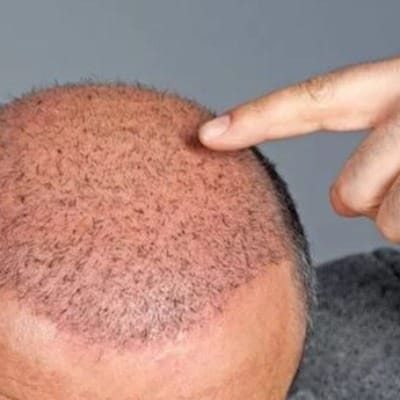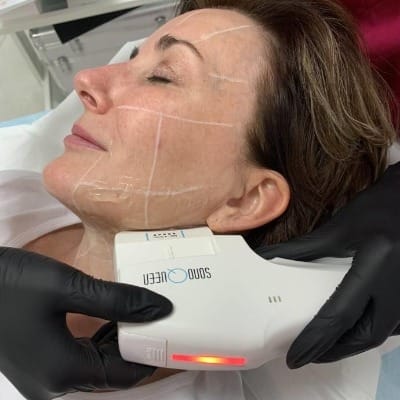Those who are losing their hair generally prefer hair transplant surgery. Moreover, it provides a permanent solution with natural-looking results. However, like any medical procedure, though, there are risks. So, getting an infection is one among these threats. Although rare, diseases can strike following a hair transplant and worsen if improperly handled. What Would Happen If My Transplanted Hair Get Infected? Hence, this blog will go over all this and what to do if you believe you have an infection following hair transplant operation. We will also discuss strategies to prevent issues and how to look after yourself following treatment to reduce the possibility of consequences.
What Causes Infection After Hair Transplant Surgery?
Since the procedure is conducted in a sterile atmosphere and patients are given antibiotics afterwards, most people do not suffer infections following a hair transplant. However, some factors might raise one’s likelihood of developing an illness, such:
- Poor hygiene during the healing process: Ignoring your surgeon’s post-care advice—that is, keeping your scalp clean and avoiding needless contact—could let germs enter the little incisions created during the transplant.
- Scratching or touching the grafted area: Try to avoid contacting the grafted region as much as you can when you scratch or handle it. Scratching can send microorganisms to the vicinity, therefore triggering an infection.
- Weakened immune system: People whose immune systems aren’t as strong could be more prone to have infections, particularly following surgery.
- Unsanitary clinic conditions: The danger of infection may rise should the clinic where the donation occurred neglect cleanliness.
- Not taking prescribed antibiotics: Many times, doctors recommend medicines following surgery to prevent infection development. You can expose yourself to pathogens if you deviate from your prescription directions.
What Are the Symptoms of an Infected Hair Transplant?
- A redder, swollen area with warmer to the touch could indicate an infection, causing the body to react and worsen inflammation.
- Severe or worsening pain within a few days indicates a problem, as infections can aggravate pain.
- Pus or a discharge from the transplanted area indicates the body is fighting germs.
- A fever of 100°F or above indicates an infection.
- Normal itching during the incision healing is not severe, but excessive itching could indicate an infection.
- Smells from the moved location, usually from pus and germs accumulating in the surroundings, could indicate an infection.
What Would Happen If My Transplanted Hair Gets Infected?
Should you believe your transferred hair is diseased, you should act fast. You should do these things immediately away:
Contact Your Surgeon Immediately
You should first always phone the clinic where the surgery was performed. If you inform them of your symptoms, they can urge you to return for a follow-up visit to assess your situation.
Follow the Prescribed Antibiotic Treatment
Your surgeon might prescribe medications should they believe you have an infection. Even if your symptoms improve, you should follow all your prescriptions strictly. Stopping medications too soon could cause the infection to resurface.
Keep the Area Clean
Cleanliness is really crucial while you are sick. Do as your surgeon advise on how to gently clean the region where the tissue was transferred to stop the spread of bacteria. Most of the time, this implies using a saline solution or antibacterial shampoo.
Avoid Touching or Scratching
Touching the afflicted area can aggravate things by transferring germs. Though the region is itching, avoid scratching it since this could aggravate the disease.
Rest and Hydrate
Get lots of sleep and sip enough water to let your body heal. Avoid doing any heavy chores around the affected area since sweat accelerates the growth of germs.
Can Infection Damage My Hair Transplant Results?
Infections can negatively impact hair transplant outcomes, causing improper growth, hair fall, and scarring. Antibiotics can cure most infections, but early detection is crucial. Following the doctor’s advice and exercising caution with aftercare is essential to avoid long-term harm and ensure successful hair transplants.
Finally:
Although rare and treatable, infections can follow a hair transplant if discovered early. Maintaining cleanliness and following the aftercare recommendations of your surgeon can help you significantly reduce your risk of infection. Should you believe your transplanted hair has become sick, you should immediately contact your surgeon and initiate appropriate treatment to prevent the worsening of your outcomes.
Consult with hair expert at Enfield Royal Cosmetics PK and discuss all your hair problems and treatment options. If you follow the correct procedures and seek assistance when needed, your hair transplant will go smoothly, and you will maximize its results without any issues.






Leave a Reply